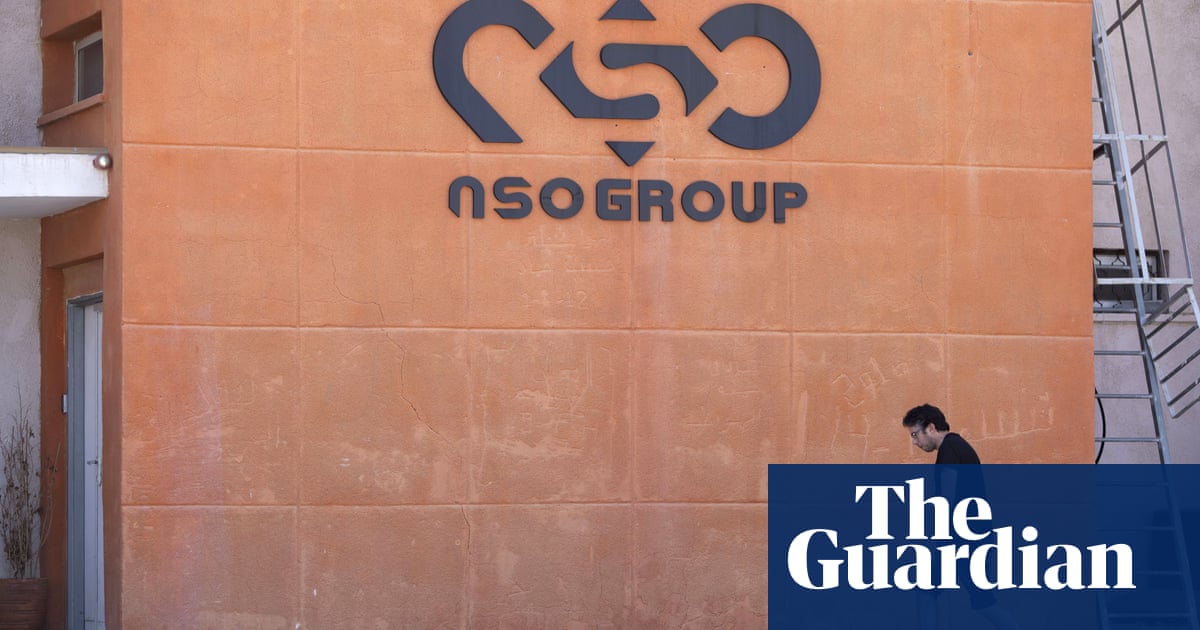
‘I think I was finally broken’ in Polish detention center, says Syrian refugee
Guards greeted new detainees by saying ‘welcome to Guantanamo’
LONDON: Middle Eastern refugees who were arbitrarily detained by Polish authorities after crossing from Belarus in 2021 have detailed violent treatment against them.
Amnesty International interviewed asylum seekers stuck in Poland who exposed the suffering they have endured at the hands of border officials.
Many of them were being held in Wedrzyn detention center, which holds up to 600 people, and where overcrowding was rife. Guards greeted new detainees by saying “welcome to Guantanamo.”
Khafiz, a Syrian refugee in Wedrzyn, told Amnesty: “Most days we were woken up by the sounds of tanks and helicopters, followed by gunshots and explosions. This would go on all day, sometimes.
“When you have nowhere to go, no activities (to) take your mind off it or a space for even a brief respite, this was intolerable.”
He added: “After all the torture in prison in Syria, threats to my family, and then months on the road, I think I was finally broken in Wedrzyn.”
Violent forcible returns have been another feature of Polish mistreatment, with border guards reportedly coercing refugees into signing documents that included incriminating information.
Yezda, an Iraqi-Kurdish woman, panicked after Polish authorities told her that she, her husband and three children were being sent back to Iraq.
She threatened to take her own life, but Polish authorities continued with their plans to force her and her family back to the struggle they had escaped.
“I knew I could not go back to Iraq and I was ready to die in Poland. While I was crying like that, two guards restrained me and my husband, tied our hands behind our backs, and a doctor gave us an injection that made us very weak and sleepy,” she told Amnesty.
“My head was not clear, but I could hear my children, who were in the room with us, crying and screaming. We were asked to go through the airport security and the guards told us to behave on the plane. But I refused to go,” she added.
“I remember noticing that I didn’t even have any shoes on, as in the chaos at the camp, they slipped off my feet. My head was not clear, and I couldn’t see my husband or the children, but I remember that they forced me on the plane that was full of people. I was still crying and pleading with the police not to take us.”
In the end, her refusal was successful and her family remain in a camp in Poland, though border guards broke her foot during the struggle to get her on the plane to Iraq.
Almost all the people Amnesty interviewed said they were traumatized after fleeing conflict and being trapped for months on the border.
They were suffering from complex psychological injuries including anxiety, insomnia, depression and frequent suicidal thoughts.
Amnesty said these mental health struggles were “undoubtedly exacerbated” by the abuse suffered in Poland, warning that psychological support was unavailable for most of the asylum seekers.












